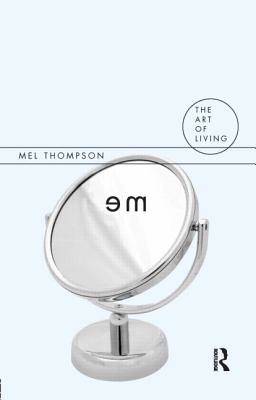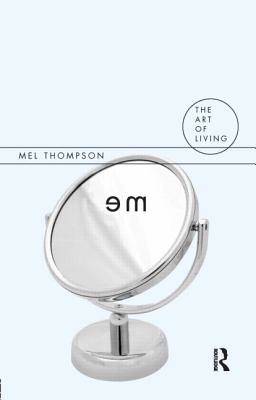
- Retrait gratuit dans votre magasin Club
- 7.000.000 titres dans notre catalogue
- Payer en toute sécurité
- Toujours un magasin près de chez vous
- Retrait gratuit dans votre magasin Club
- 7.000.000 titres dans notre catalogue
- Payer en toute sécurité
- Toujours un magasin près de chez vous
Description
'Who am I?' In a world where randomness and chance make life transient and unpredictable, religion, psychology and philosophy have all tried, in their different ways, to answer this question and to give meaning and coherence to the human person. How we should construct a meaningful 'me' - and to make sense of one's life - is the question at the heart of Mel Thompson's illuminating book.Although Thompson begins by exploring the workings of the brain, he shows that if we are to consider the nature of the self, it is not enough to argue about such things as how mind relates to matter, or whether neuroscience can fully explain consciousness. Such an approach fails to do justice to the self that we experience and the selves that we encounter around us. We need to engage with the more personal, existential questions: how do I make sense of my life? And am I responsible for the person I have become?Thompson investigates the gap between what we are and what others perceive us to be to ascertain whether we are genuinely knowable entities. He explores the central dilemma of how one can have a fixed idea of 'me' to shape and direct one's life when, in a world of constant change, events will rob us of that fixed idea at any moment. Perhaps we would be better to let go of the need for 'me', asks Thompson, but would a self-less life be possible, or desirable?Drawing on the writings of literature, philosophy, religion and science, as well as personal reflection and anecdote, Thompson has written an engaging and thought-provoking work that recaptures the notion of 'me' from the neuroscientists and situates it at the heart of finding a place in the world.
Spécifications
Parties prenantes
- Auteur(s) :
- Editeur:
Contenu
- Nombre de pages :
- 160
- Langue:
- Anglais
- Collection :
Caractéristiques
- EAN:
- 9781844651665
- Date de parution :
- 01-05-09
- Format:
- Livre broché
- Format numérique:
- Trade paperback (VS)
- Dimensions :
- 140 mm x 216 mm
- Poids :
- 195 g







